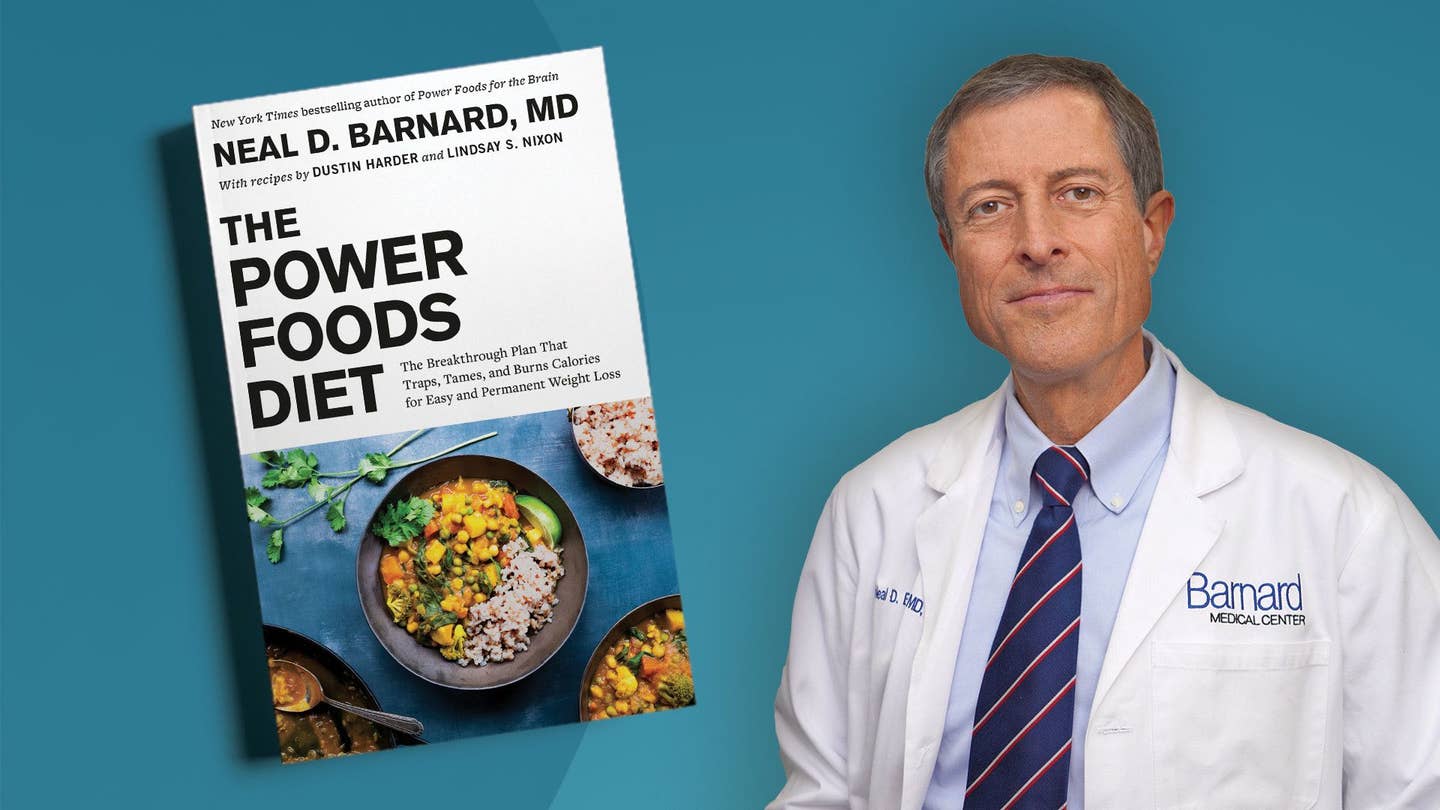So-called organic meat, dairy and eggs are sold as a means for people to reduce their exposure to hormones and chemical toxins. The United States Department of Agriculture (USDA) states that animals raised on an organic operation must be fed organic feed and given access to the outdoors. They are given no antibiotics or growth hormones. Organic crops are raised without using most conventional pesticides and using no petroleum-based or sewage-sludge-based fertilizers.
However, while concentrations of some contaminants may be decreased, switching to organic animal-based food does nothing to decrease the risk for the diseases that remain the biggest killers of Americans. Cholesterol, fat (especially saturated fat), and animal protein are the major culprits in animal products that are associated with higher risks of heart disease, diabetes, and some cancers. They are also associated with the development of the many risk factors that lead to these diseases, including obesity and hypertension.
Cholesterol Found in All Animal Products, Organic and Conventional
The liver naturally produces all the cholesterol the humanbody requires, so we never need outside sources. All foods from animals – dairy products, meat (no matter what kind), fish, eggs – contain cholesterol, whereas plants have essentially none.
Cholesterol is a troublemaker. First, it adds to your own cholesterol, which raises the level of cholesterol in your blood.1 Everyone is different, but generally, every 100 milligrams of cholesterol in your daily diet adds about five points to your total cholesterol level. What does that look like on your plate? A four-ounce serving of beef or chicken, with or without the skin, contains about 100 milligrams of cholesterol. One egg contains over 200 milligrams of cholesterol.
Saturated Fat
Saturated fat is even worse than cholesterol in foods—and its content is not affected by organic status. Saturated fat is particularly harmful because it stimulates the liver to manufacture more cholesterol. A study published in the Australia and New Zealand Journal of Medicine showed that people who adopt a vegetarian diet naturally reduce their saturated fat intake by 26 percent and achieve a significant drop in cholesterol levels in just six weeks.2
Excess Protein Damages Kidneys
Protein releases nitrogen into the blood as it is digested and metabolized. When too much protein is consumed, this places a strain on the kidneys, which must expel the waste through the urine. High-protein diets are associated with reduced kidney function. Over time, individuals who consume very large amounts of protein, particularly animal protein, risk permanent loss of kidney function. As many as one in four adults in the United States may already have reduced kidney function, suggesting that most people who have renal problems are unaware of that fact and do not realize that high-protein diets may put them at risk for further deterioration. The kidney-damaging effect was seen only with animal protein. Plant protein had no harmful effect.3
Heart Disease
Four major risk factors for heart disease are high cholesterol, high blood pressure, smoking, and a sedentary lifestyle. None of these are alleviated by switching to organic meat, dairy, and eggs.
Plant-based diets have consistently been proven to be the most effective in preventing and reversing heart disease. Vegetarians tend to be leaner, have lower cholesterol levels, lower blood pressure, and less heart disease. And a clinical study using a low-fat vegetarian diet was shown to actually reverse the disease by shrinking coronary artery blockages.4
Cancer
Contaminants found in animal products can lead to increases in cancer. However, many of the known carcinogens found in meat would not be decreased by switching to organic meat. The contribution of meat to cancer risk appears to stem from its nutrient make-up (high in saturated fat, devoid of fiber, etc.) rather than to the conditions of production. Meats, organic or not, that are cooked at high temperatures tend to contain sizable quantities of heterocyclic amines, carcinogens that form as meat cooks. A 2005 amines study showed that nearly 80 percent of studies in humans found a connection between cancer incidence and consumption of well-done meat.5
A Diet for all the Right Reasons
For those interested in promoting a healthy diet, it is important to teach and understand the many factors that play into health and disease and to adopt practices that address health as a whole. While organic standards may be well-inentioned, they cannot help prevent obesity, high blood pressure, diabetes, heart disease, and many forms of cancer; nor will they cure the environmental contamination and resulting health hazards plaguing the production and consumption of animal foods. A plant-based diet that is naturally low in carcinogens, pathogens, and disease-causing fat and cholesterol is the best medicine for promoting a healthy life.
References
1 Lichtenstein AH, Ausman LM, Carrasco W, Jenner JL, Ordovas JM, Schaefer EJ. Hypercholesterolemic effect of dietary cholesterol in diets enriched in polyunsaturated and saturated fat. Dietary cholesterol, fat saturation, and plasma lipids. Arterioscler Thromb. 1994;14(1):168-175.
2 Masarei JR, Rouse IL, Lynch WJ, Robertson K, Vandongen R, Beilin LJ. Vegetarian diet, lipids and cardiovascular risk. Aust NZ J Med. 1984;14:400-404.
3 Knight EL, Stampfer MJ, Hankinson SE, Spiegelman D, Curhan GC. The impact of protein intake on renal function decline in women with normal renal function or mild renal insufficiency. Ann Intern Med. 2003;138(6):460-467.
4 Ornish D, Brown SE, Scherwitz LW, et al. Can lifestyle changes reverse coronary heart disease? Lancet. 1990;336:129-133.
5 Knize MG, Felton JS. Formation and human risk of carcinogenic heterocyclic amines formed from natural precursors in meat. Nutr Rev. 2005;63(5):158-165.

Related News
Try Our Top-RatedMeal Planner Free

Forks Meal Planner takes the hard work out of making nutritious meals the whole family will enjoy.
SAVE $200 ON OUR ULTIMATE COURSE

Join our best-selling course at a new lower price!



